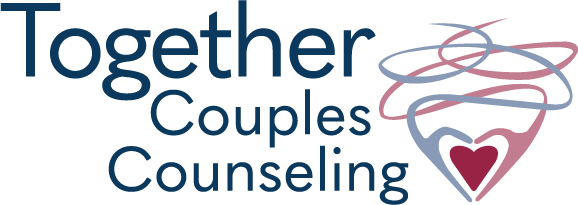I attended a wedding the other weekend and weddings always have me contemplate the work that I do.
Watching a young couple commit to each other, listening to the vows they make…
The Idealized Promises of Marriage
“Through the years we have faced obstacles, some harder than others, that have helped us build the strong foundation of our relationship. It has shown me your unwavering love, constant support, and silent strength. Thank you for loving my fun, crazy, loud, Italian family as much as I do.
I promise to encourage you to follow your dreams. I promise to continue to challenge you to be the best version of yourself. I promise to make you laugh, when you’re taking life too seriously.
I promise to love you unconditionally. I promise to put you first and never lose our spark. I promise to never stop singing my own made-up songs, although I know you wish I would. Our journey as a family has only just begun and I can’t wait to see what the future holds for us. You are the person I choose to spend forever with, as my true soulmate. I chose you in 2022, I choose you today, and I will continue choosing you forever. I love you.”
The promises of perfection, the high ideals of love everlasting, of unconditional love and an undying spark…
These are things most of us long for and dream of receiving from our partners…in order to be happy.
The Reality of Marriage
Those of us married for more than a minute know that there is a lot more discord, negotiation, struggle and even “normal marital hatred” that occurs in the life of a marriage than we would ever want to admit at a wedding 🙂
So, is a marriage, or are relationships in general, supposed to make us happy?
The good news is, research shows that having healthy relationships provides many important health and mental health benefits over a lifetime. Married people have better health overall, are less likely to get depressed, recover faster from heart attacks (and are less likely to have a heart attack), have a stronger immune response, and live longer overall than single people. There are financial benefits as well, to marriage. While these benefits are important, they do not address the day to day interactions by which we all tend to determine our happiness through.
Most of the people who walk through my doors for couples counseling (or click on the zoom link!) believe that their relationship will get better IF ONLY their partner would change.
If they would just…
- get more in touch with their emotions
- stop seeing their way as the only way
- communicate more clearly
- understand me more
- stop leaving dirty dishes in the sink
- talk to me about weekend plans before scheduling golf
- admit when they’re upset instead of stomping around the house
All of these things, and many more, are reasonable desires for a marriage. And yet, the reality is, we only have control over our own behavior, our own contributions to the interactions.
When we learn more about ourselves, understand what it is we bring to the table in the present and from our past relationships, including the family we grew up in, then we can advocate for our needs in a healthy way that invites our partner to come through for us.
Or, learn to bear the disappointment when they do not meet our needs and find healthy ways to take care of ourselves.
My mentor, Terry Real, says it very eloquently…
“The truth is that relationships don’t make us happy. Relationship are the crucible in which we get to work on ourselves, in which we have the opportunity to stretch, grow and if we are fortunate, thrive.” – Terry Real, Author of I Don’t Want to Talk About It, How Can I Get Through To You?, The New Rules of Marriage, and his latest book US: Getting Past You & Me to Build a More Loving Relationship
We are born to be relational. It is our birth right. But we aren’t very skilled at it.
But we can learn to do it better.
Here’s to a lifetime of stretching and growing on your own and together, through the messiness and the beauty of a healthy relationship. It’s not easy, but it’s worth it. If you’d like some extra support as you grow together, reach out or visit our couples counseling page to learn more about our approach.





